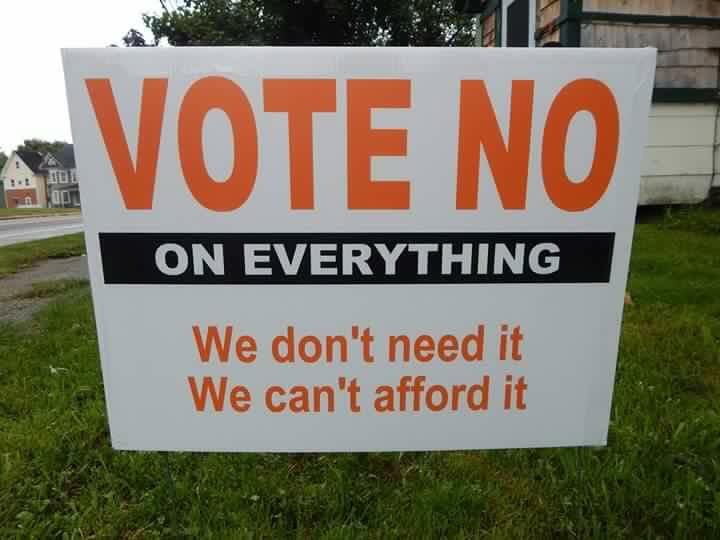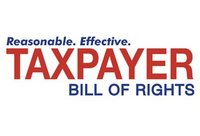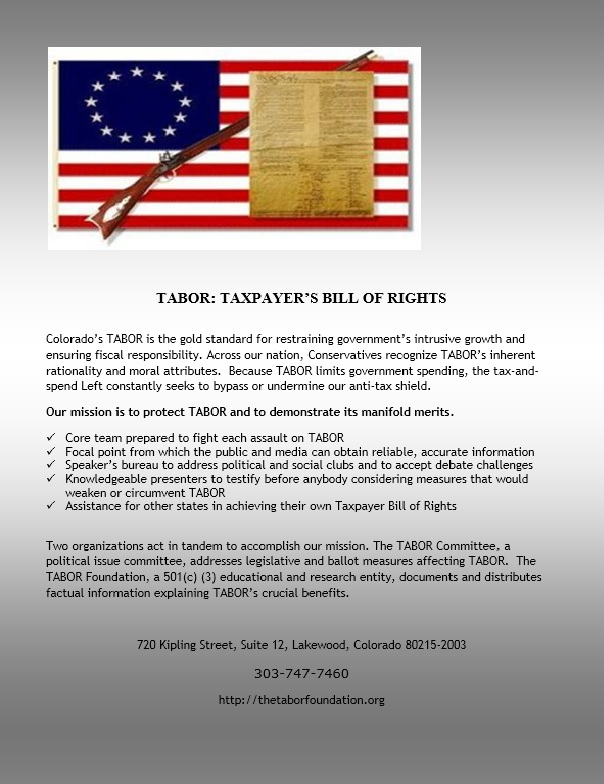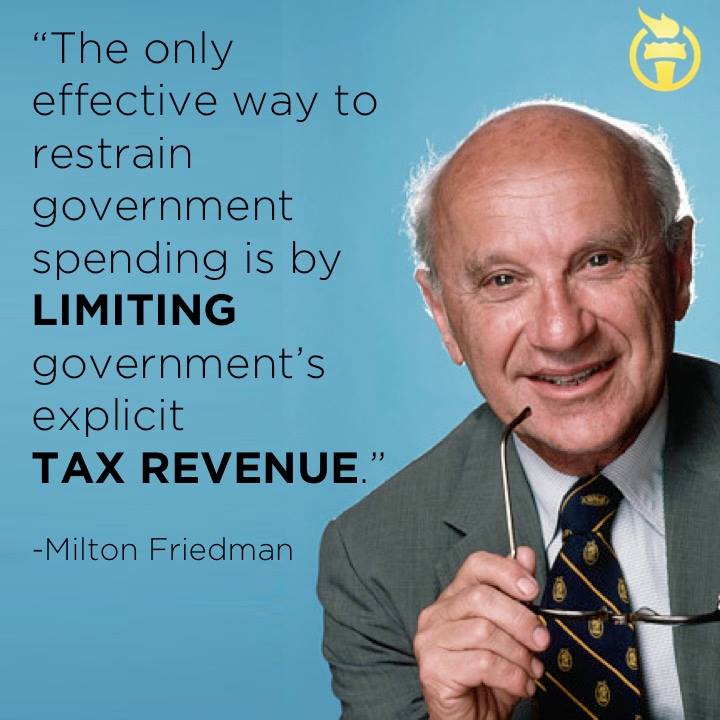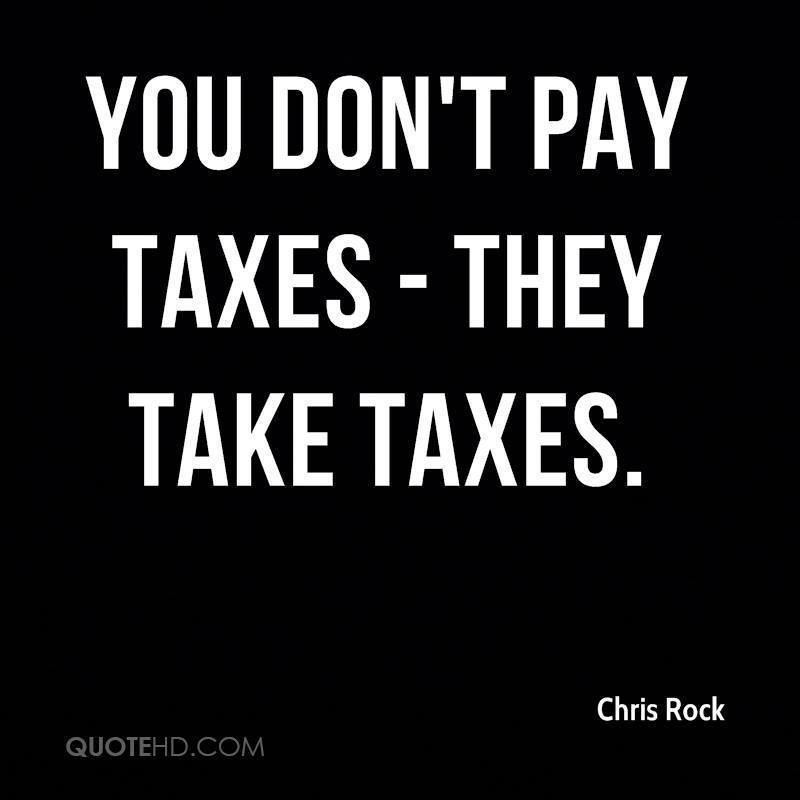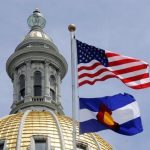More than 160 ballot measures going before voters this year

’Legalize it’: On Election Day, voters in different states get a say on recreational marijuana; hiking the minimum wage; and more.
On Nov. 8, Americans won’t just get their say on Hillary Clinton and Donald Trump: voters will weigh in on a slew of ballot measures concerning everything from the minimum wage to marijuana.
More than 160 statewide ballot measures are certified to go before voters this year in 35 states, according to Ballotpedia. While that’s down from some past years, the issues remain the kinds that stir voters up. Here’s a look at some hot-button measures facing Americans around the country on Election Day.
Minimum wage: There are measures to boost the minimum wage on the ballot in Arizona, Colorado, Maine and Washington. And in a referendum that may prove to be the bane of South Dakota teenagers, voters in that state will decide whether the minimum wage should drop by $1 an hour for workers under the age of 18. Continue reading
